Vishal Bhardwaj’s brand of cinema is possibly the furthest thing from Salman Khan in the commercial Indian filmscape, but the superstar is a recurring element in Bharadwaj’s latest film, Haider. Set in Kashmir, in 1995, a pre-steroid Khan is the inspiration here for two characters – both named Salman – who are introduced to us in a hilarious, almost surreal sequence where they’re attempting to copy the star’s mannerisms as a song from one of his movies plays on a VCR. One of them even nails Khan’s tendency to blow at unruly strands of his long hair, back when the actor had long hair.
As is common knowledge, Haider is Bhardwaj’s adaptation of William Shakespeare’s Hamlet, the third of a trilogy that follows two stellar films: Maqbool (2003), which adapted Macbeth, and Omkara (2006), a hinterland take on Othello. For anyone familiar with the play, the parallels are instantly recognisable: Haider is Hamlet, which means that the two Salmans, shown to be Haider’s good-for-nothing friends, are obviously Rosencrantz and Guildenstern.
However, what Bhardwaj does, with co-writer Basharat Peer, is more than simply translate and adapt the Bard’s works to an Indianised setting – he adds colour, texture, and context to them. Salman and Salman’s characters work on a higher level than just comic-relief – they tell us something about life in the Valley at the time, about two wayward youths who don’t know which side to take and are simply trying to make the best of a bad situation.
In this ability to tell a new story from a familiar and old one lies Bhardwaj’s genius. Haider isn’t just the best film in his trilogy; it’s the finest film of his career.
Bharadwaj’s Haider (Shahid Kapoor, delivering a career-best knockout) is a poet, who returns from university at Aligarh on learning that his father, Dr Hilaal Meer (Narendra Jha) was found guilty of harbouring a militant and has since disappeared. Initial flashbacks show Haider as a loving, respectful teenager who thinks the world of his father. He returns to find a house in ruins, destroyed by an army officer who wouldn’t let any of his men “die for a bloody militant.”
Something is definitely rotten in the state of Kashmir, and _Haide_r is determined to find out what it is. His mother, Ghazala (Tabu, essaying Gertrude), and uncle Khurram (Kay Kay Menon, playing Claudius) have started living together, and Haider is disgusted by them. His lover is Arshia (Shraddha Kapoor, a wonderful Ophelia), a wide-eyed journalist whose father is Polonious (Lalit Parimoo), only as a high ranking police officer. Slowly but steadily, we come to know these characters as flesh-and-blood people.
Haider is adapted much more skilfully than the trilogy’s previous instalments. It stays faithful to the overall structure of the original, but gleefully plays around with chronology and characterisation – for example, the famous ghost of King Hamlet appears in the film at a different point and in a different manner, which makes perfect sense in the context of the story. It is a testament to Peer and Bhardwaj’s confidence in their adaptation that they managed to take the one Hamlet line everyone knows – “To be, or not to be” – and use it in different forms multiple times, including one moment that provides the film’s biggest laugh.
We’ve seen Bhardwaj nail doubt, insecurity, and ambiguity several times in the course of this trilogy, but never has it punched the gut as hard as it does in Haider. This film makes a strong political statement, and it would’ve been easy for it to tip over into controversial territory, but the restraint shown is remarkable. This is also true of other aspects of filmmaking – from the outstanding cinematography by Pankaj Kumar (Ship Of Theseus), whose work is particularly effective in one bravura hand-held sequence shot in Srinagar’s town square; to Bhardwaj’s own background score, that fuses traditional Kashmiri instruments with elements of electro-rock, but somehow still eschews the temptation to break into a Paanch-like rock anthem when the bullets fly during its surprisingly bloody climax.
Shahid acts his heart out in a career-redefining performance that will certainly vanquish the Ghosts of R..Rajkumars Past, while Kay Kay Menon sinks his teeth into a meaty role with extremely watchable relish. The supporting cast – which also includes Amir Bashir, Kulbhushan Kharbanda, and Ashish Vidyarthi – is a dream.
However, aside from a seeti-inducing cameo by Irrfan Khan as the mysterious Roohdar, it is Tabu’s Ghazala who steals much of the film and lingers in one’s memory long after the film is over. The veteran actress, thinking nothing of playing mother to an actor who is only 9 years younger than her, portrays a version of Gertrude who can be both malevolent as well as heartbreakingly vulnerable.
If we get a movie better than Haider in the remainder of 2014, let’s count this as a really good year. At this point, the chances of that happening don’t seem likely.
(Suprateek Chatterjee is a freelance journalist who has covered film, music, and pop culture for several publications. In his spare time, he plays the guitar and tweets incessantly at @SupraMario)


)




)
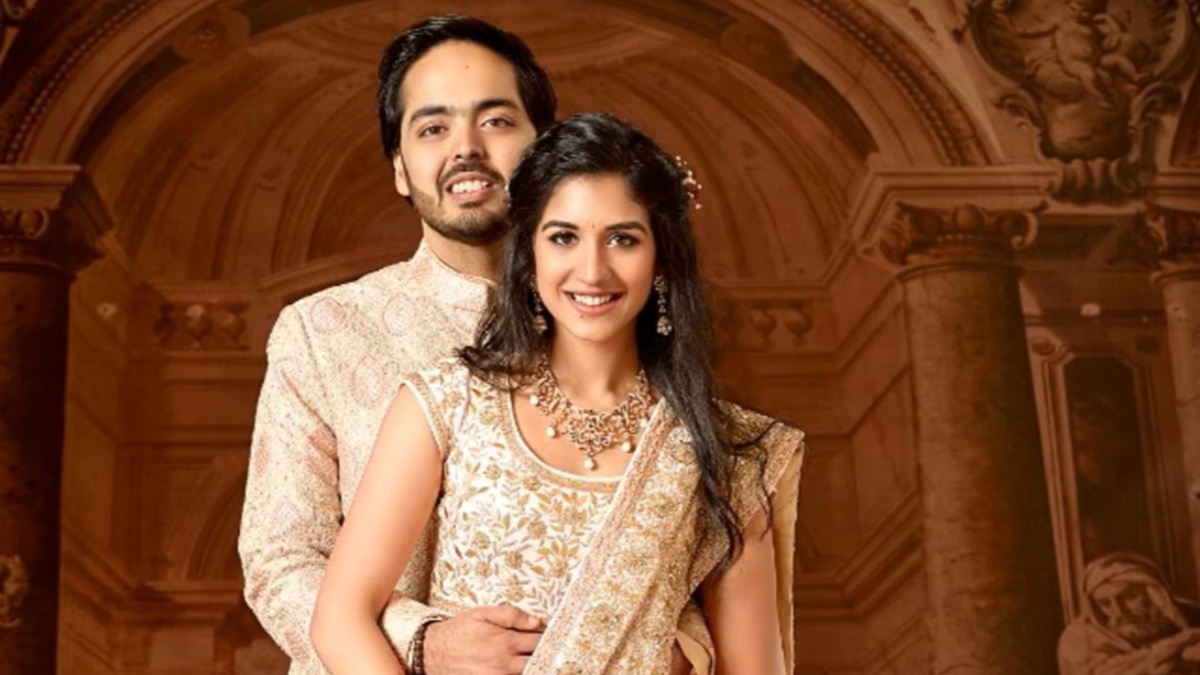)
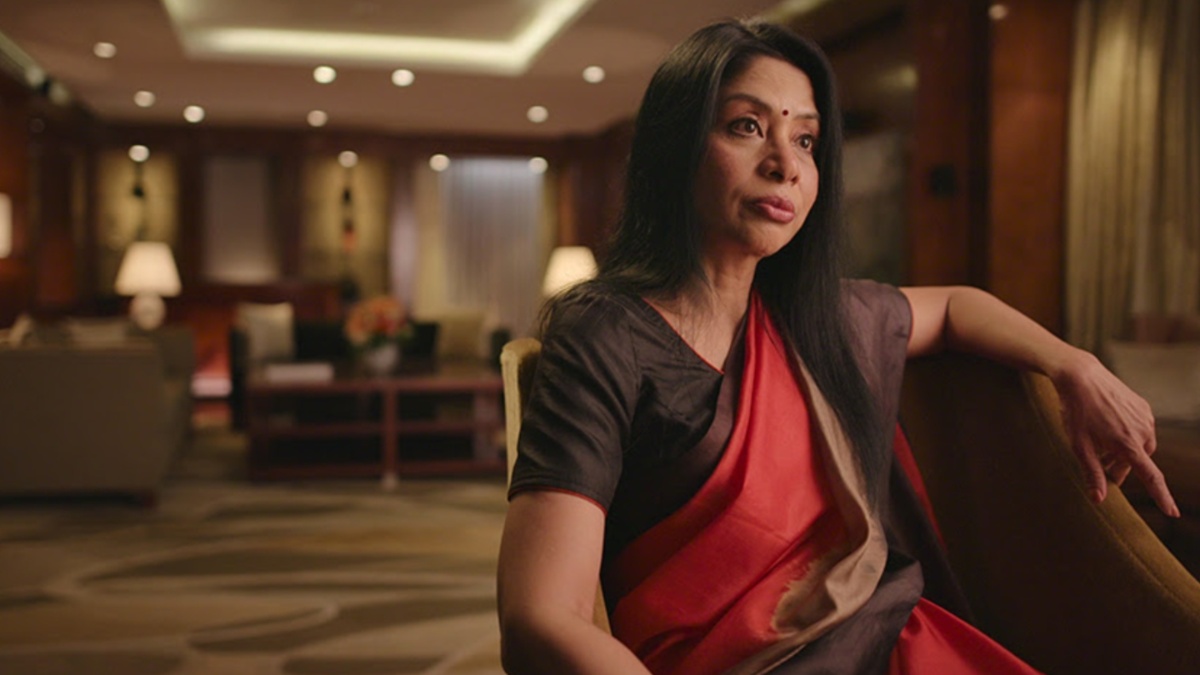)
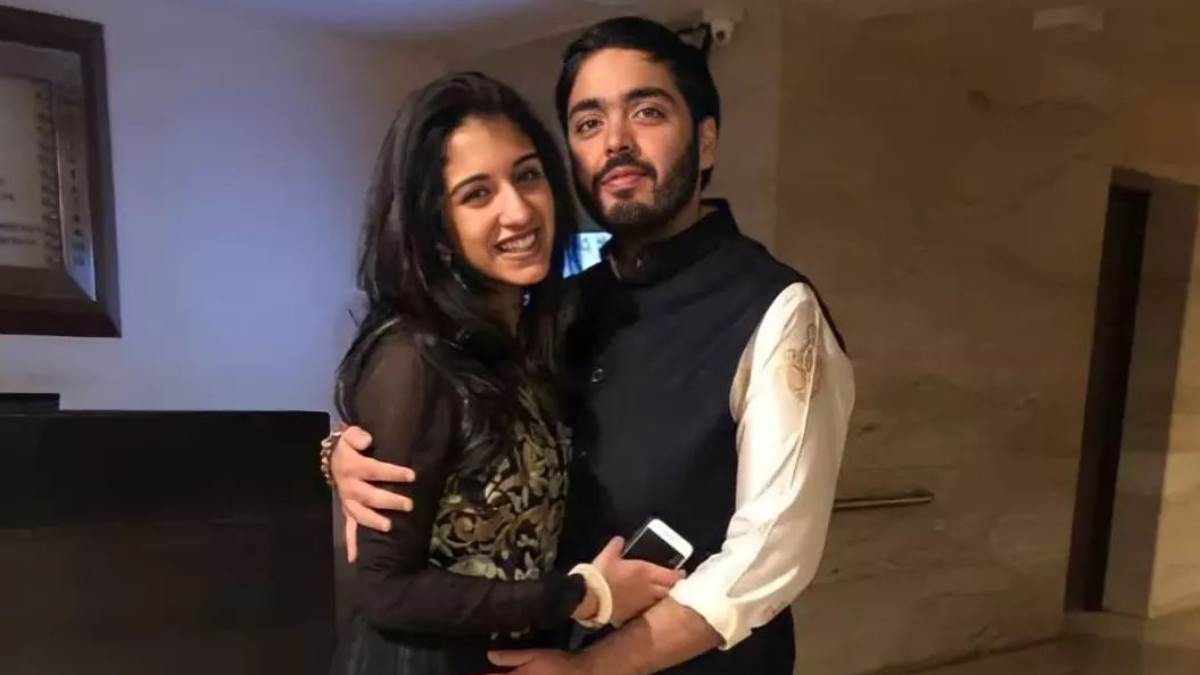)
)
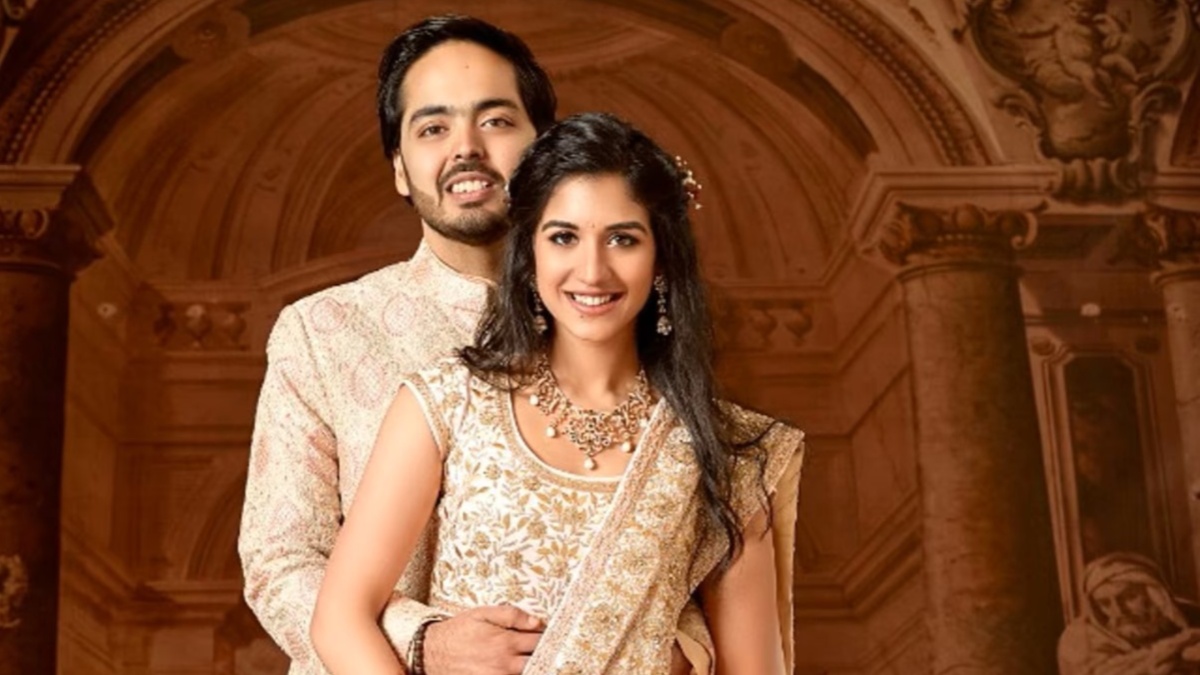)
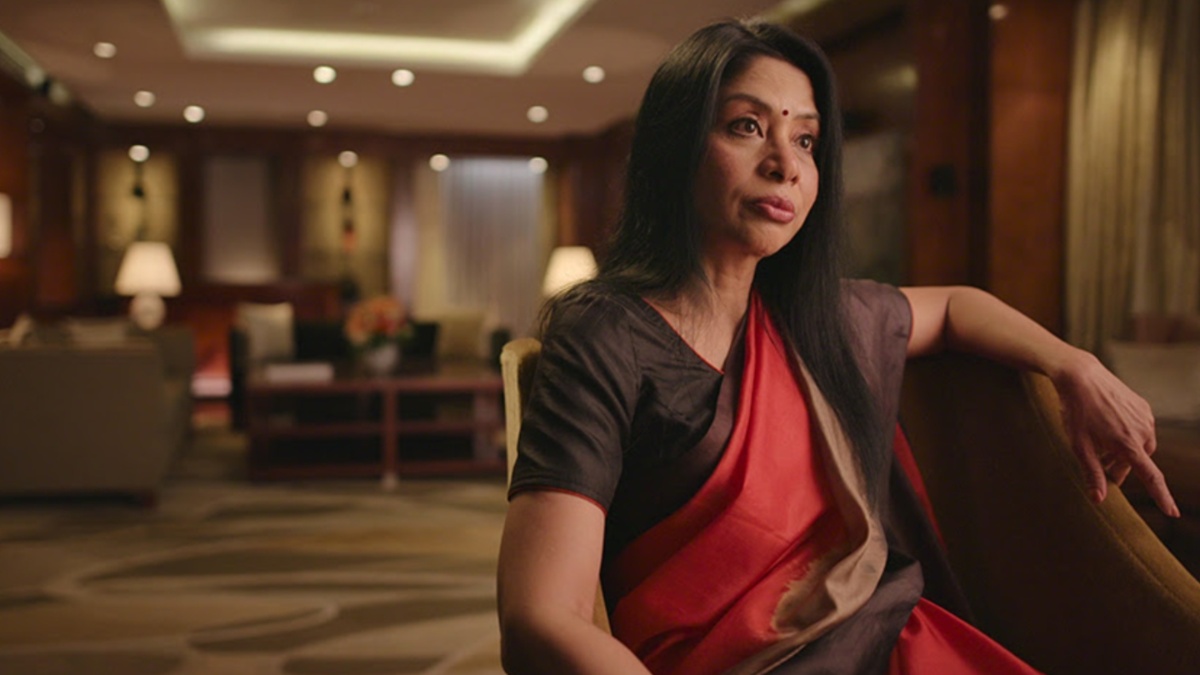)
)